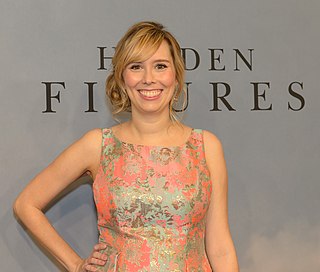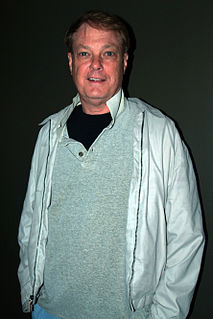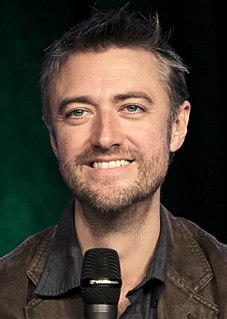A Quote by George Lucas
I've always been a follower of silent movies. I see film as a visual medium with a musical accompaniment, and dialogue is a raft that goes on with it.
Related Quotes
A film, since it is primarily a visual medium, should really be like a silent film. You should be able to watch something and understand what was going on and use voice when you need to communicate something you can't necessarily communicate visually. The book is the opposite. The book is an inner monologue which is beautiful.
Film is a temporal medium as much as it is a visual medium: you're playing with time, and you don't have that ability where someone can pause at home. That's such a fundamental part of what makes filmmaking exciting to me. I don't really have as much interest in any other medium. I just like the control.
The less lines, the better. I am the silent film actor, but not in a slapstick sort of way. Film is an image-based medium, so whatever you can say without the words is far more provocative and punctuating. If the lines are not funny or if they don't advance the story, sometimes it's hard. I hate talk in movies.
For me, the perfect film has no dialogue at all. It's purely a visual, emotional, visceral kind of experience. And I think one can create wonderful depth and meaning and communication without using words. I started out as an illustrator and a cartoonist and caricature artist, so for me the visual is primary.
Film is the manipulative medium par excellence. When you think back on the history of film and the 20th century, you see the propaganda that's been made. So there are moral demands on the director to treat the spectators as seriously as he or she takes himself and not to see them merely as victims that can be manipulated to whatever ends they have.




































